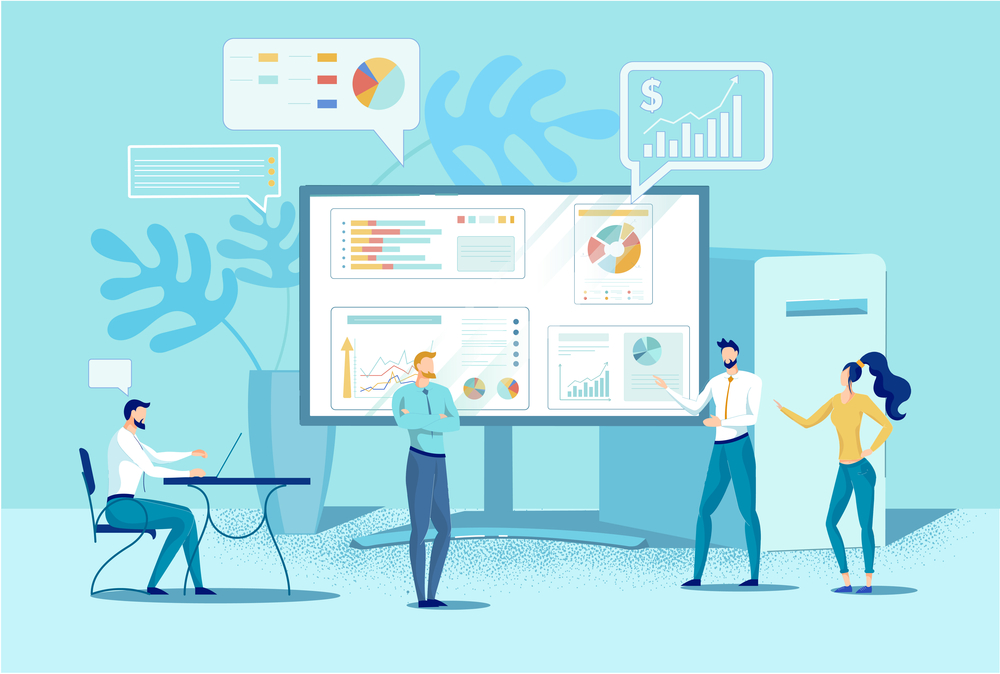
Staying on Track: Tips and Tools for Effective Financial Management in Indian Small Businesses
Building a successful e-commerce business in India requires careful planning and execution. Choose the right product niche based on market demand and competition.





